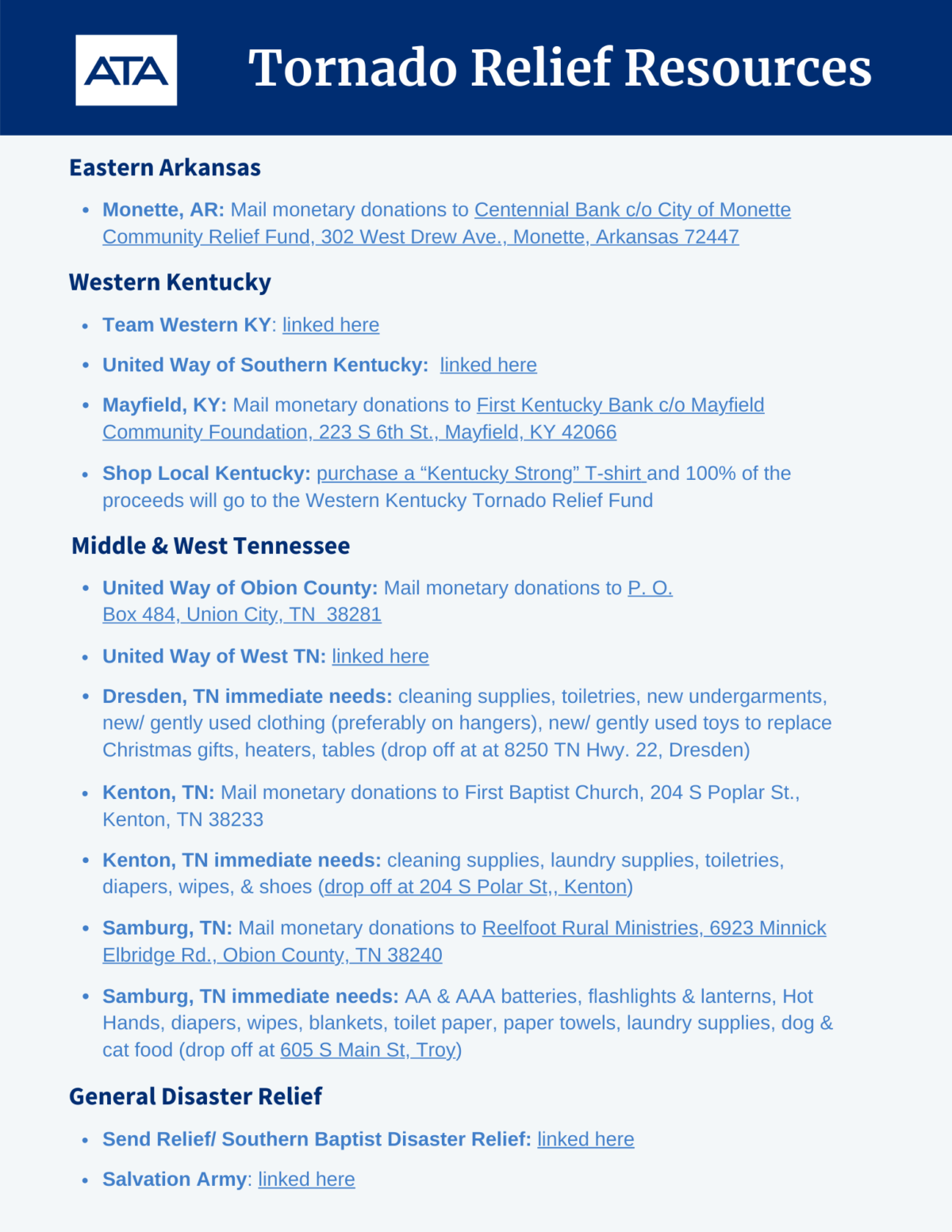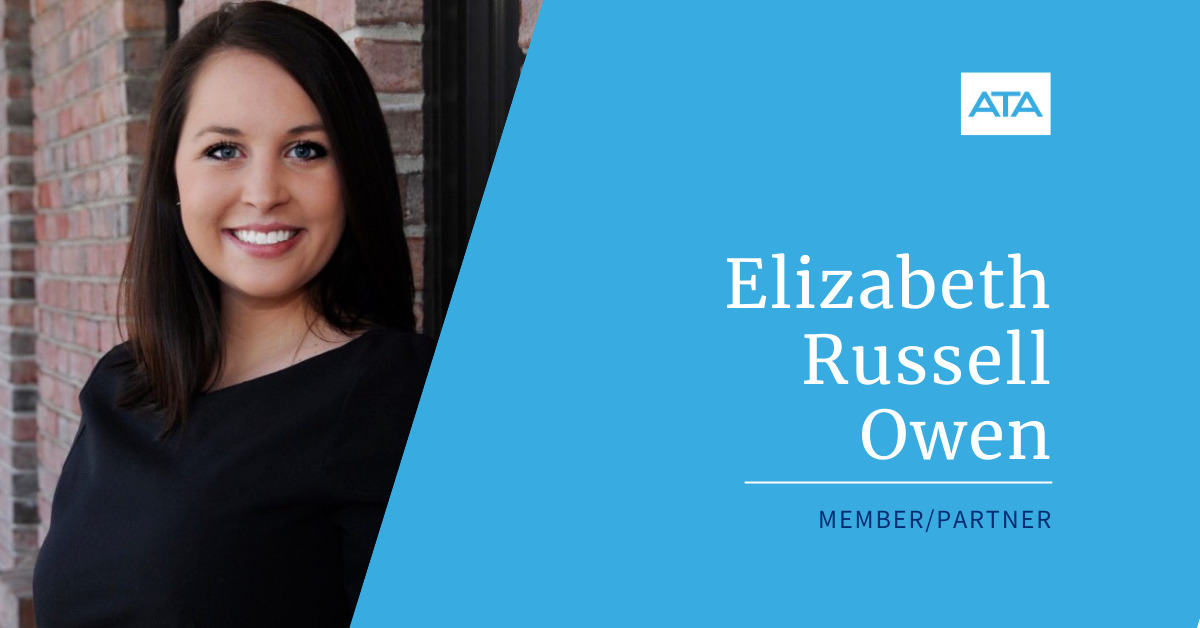By Elizabeth Russell Owen, CPA | Private Client Tax Services Practice Leader
Executive Summary
Even after filing a federal income tax return, many individuals still face important follow-up items. From tracking refunds, organizing records, and responding to IRS correspondence, this article outlines five post-filing priorities to help you stay organized, informed, and prepared. Our team remains available year-round to support you beyond tax season.
Key Highlights
- Track Your Refund: Use the IRS “Where’s My Refund?” tool with your Social Security number, filing status, and exact refund amount.
- Record Retention: Keep supporting tax documents for at least six years; some should be stored indefinitely. Use cloud storage to back up essential files.
- Amendment Window: Did you miss any deductions or credits? File Form 1040-X within three years of filing or two years of payment to receive a refund.
Even after submitting your federal return, there are often a few loose ends to tie up. Below are some of the top things our clients ask about and what to do next.
- Wondering when your refund will arrive?
Use the IRS’s “Where’s My Refund?” tool at IRS.gov to track the status. Have the following ready:
- Your Social Security number
- Filing status
- Exact refund amount
Once submitted, the tracker will show whether your refund has been received, approved, or issued.
- How long should you hold on to tax records?
At a minimum, keep records associated with your tax return for as long as the IRS has the authority to audit or assess additional taxes. In most cases, this period is known as the statute of limitations, which is three years from the date you filed your return. That means you can typically remove most supporting documentation related to 2021 and earlier years, unless you filed late or with an extension (if you filed an extended 2021 return, wait at least three years from the filing date before removing records).
However, that time frame can extend to six years if more than 25% of your gross income was omitted from a return. In rare cases, such as failing to file a return or filing a fraudulent one, the IRS has no time limit to act. Hence, keeping supporting tax return documents for at least six years is recommended.
Certain records should be kept longer:
- Keep all filed tax returns indefinitely to confirm your filing history.
- Upload older records to secure cloud storage before discarding physical files, ensuring you maintain access if needed later. This approach helps reduce clutter while preserving key documents in case of a future inquiry.
- Other types of documents should be kept longer or permanently in some cases. Examples include but are not limited to business and payroll documentation, estate and trust records, and property basis support. Consult with an ATA professional for details.
- Think you missed a deduction or credit?
You may still be eligible for a refund by filing an amended return (Form 1040-X). In most cases, you have:
- Three years from the original filing date, or
- Two years from the date you paid the tax — whichever is later
In limited situations, additional time may be available, such as up to seven years to claim a bad debt deduction.
While the IRS has time limits for assessment of additional taxes, if income was omitted or understated, the IRS will usually accept an amended return past the three-year window if the amendment results in a balance due. It is best to file the amended return as soon as the discrepancy is discovered to minimize interest and penalties.
- Received a notice from the IRS?
If the IRS needs additional information or adjusts your return, you’ll be contacted by mail only. Be aware: the IRS will never call, text, or email you to discuss your return. If you receive a letter from the IRS, reach out to us, and we’ll help you review the notice and respond appropriately.
- Moved recently? Don’t forget to update your address.
To avoid missing important IRS correspondence, complete Form 8822 to officially report a change of address.
We’re Here for You Year-Round
Tax questions don’t stop after April 15 and neither do we. Whether you’re facing a notice, amending a return, or preparing for next year, our team is here to help every step of the way.
Need More Help? Contact your ATA tax advisor today.



